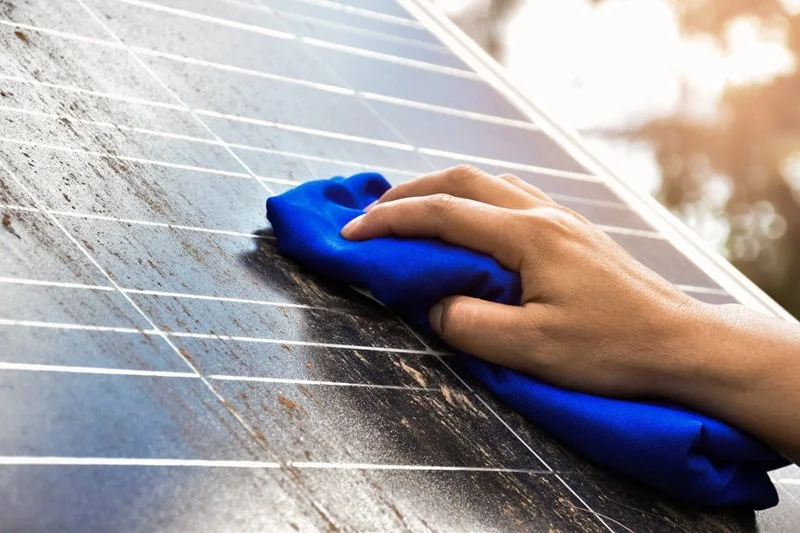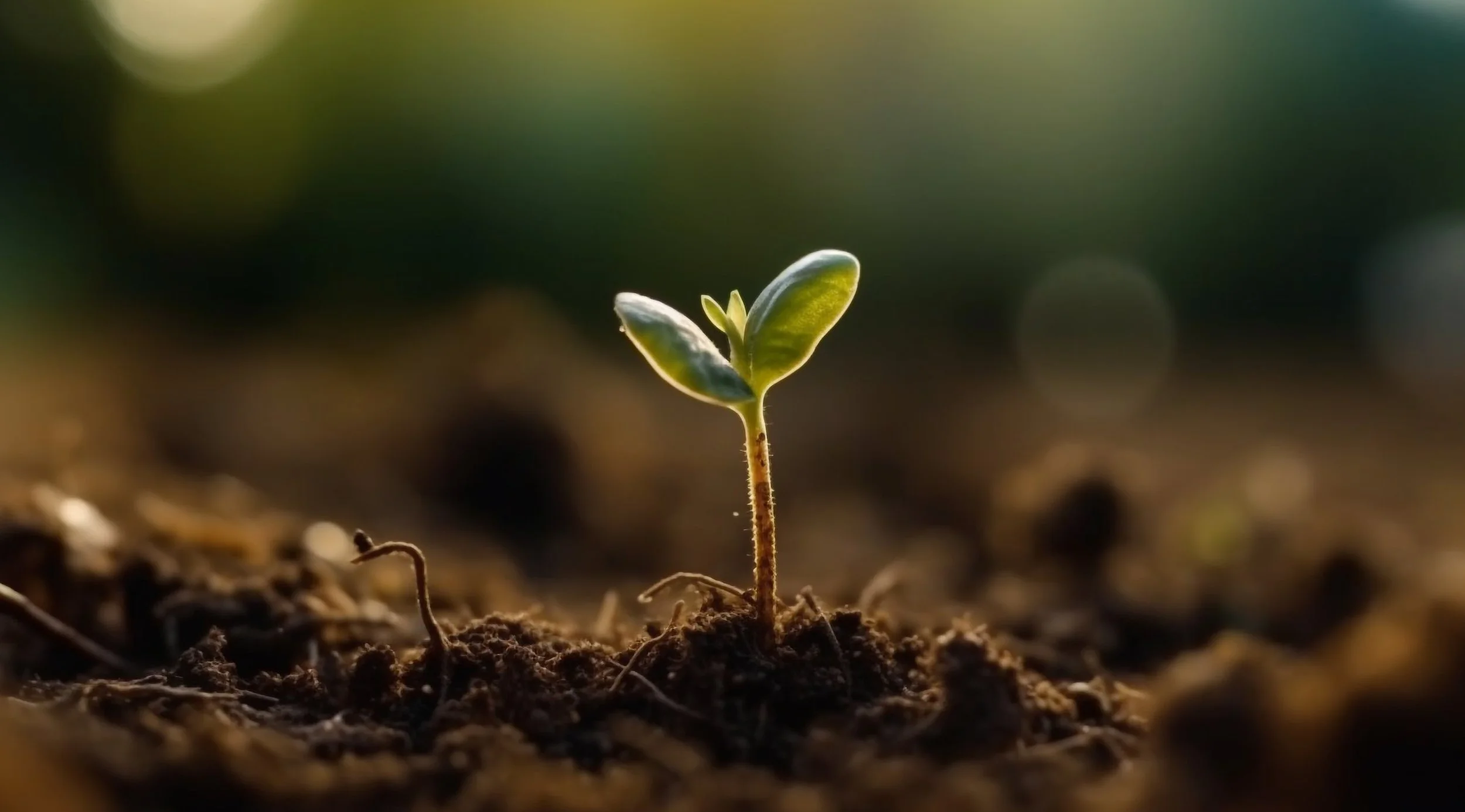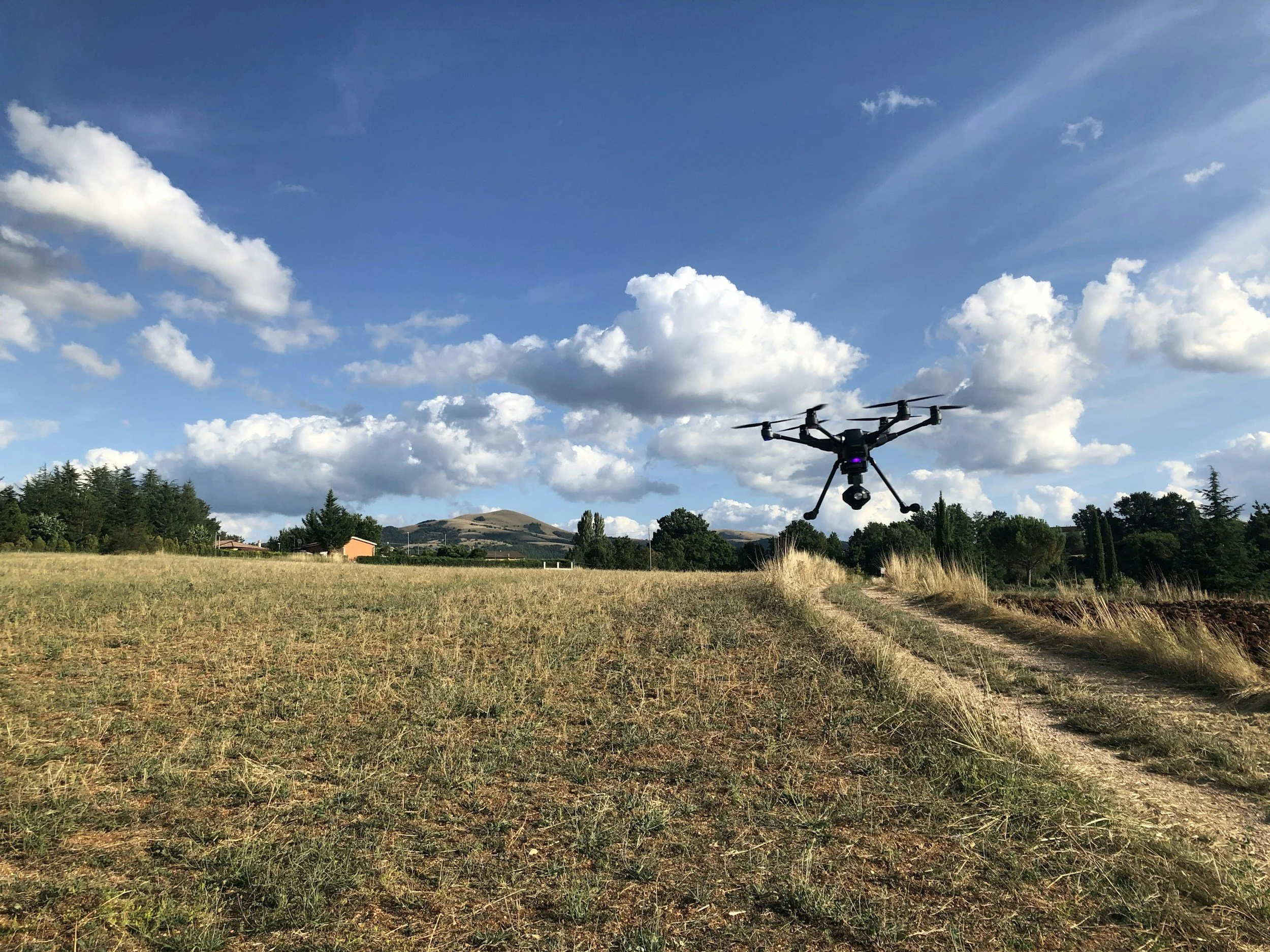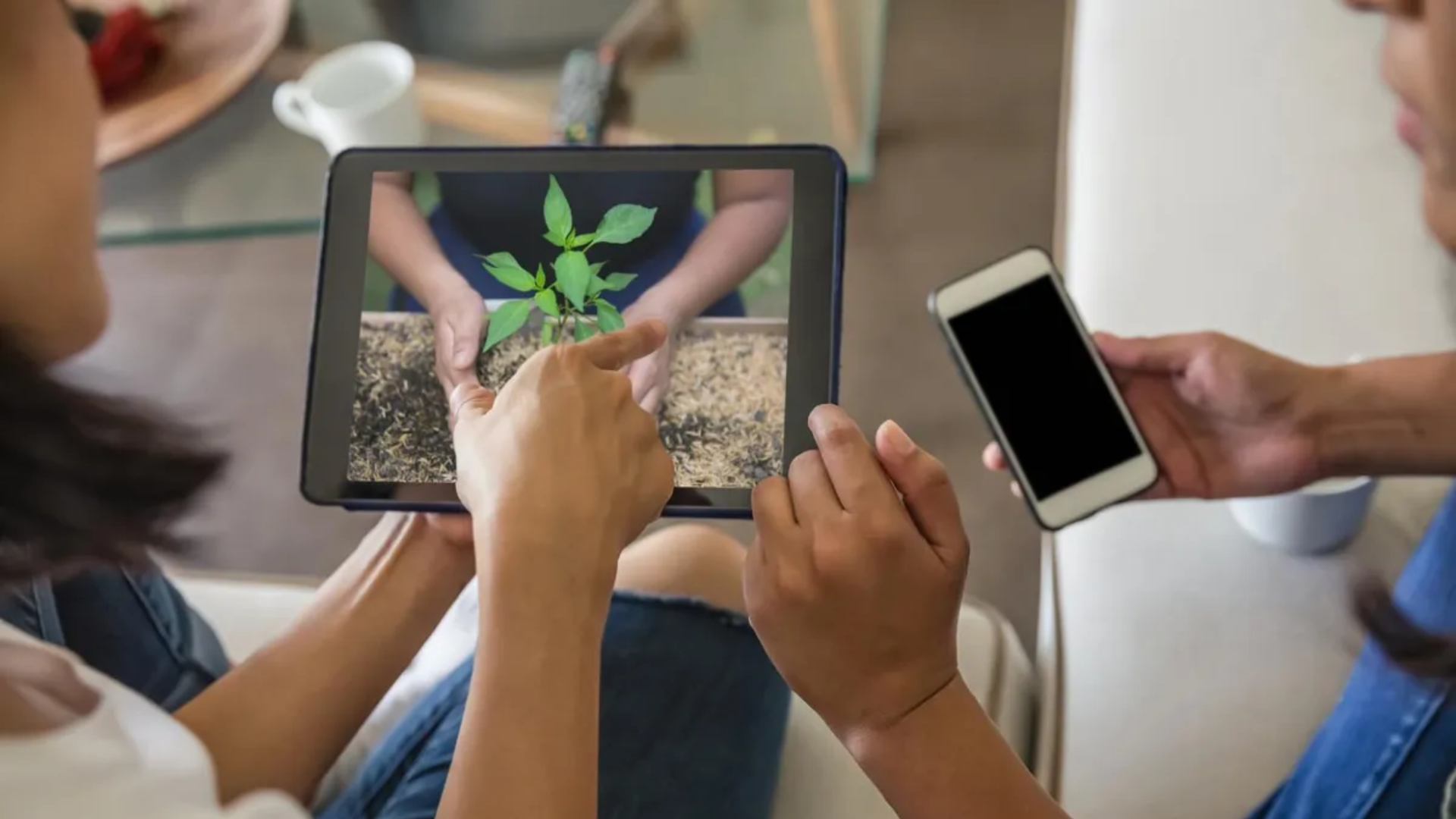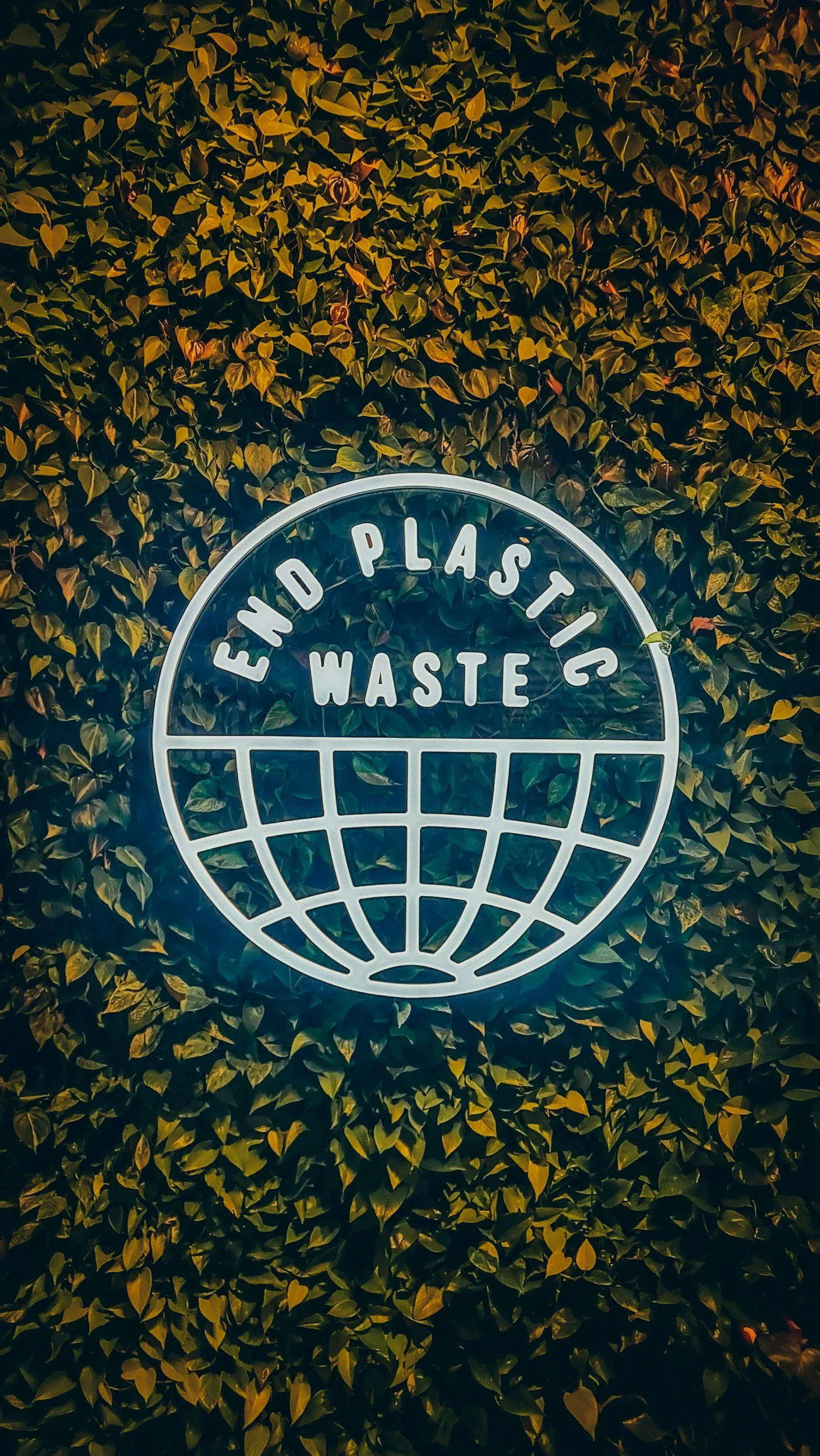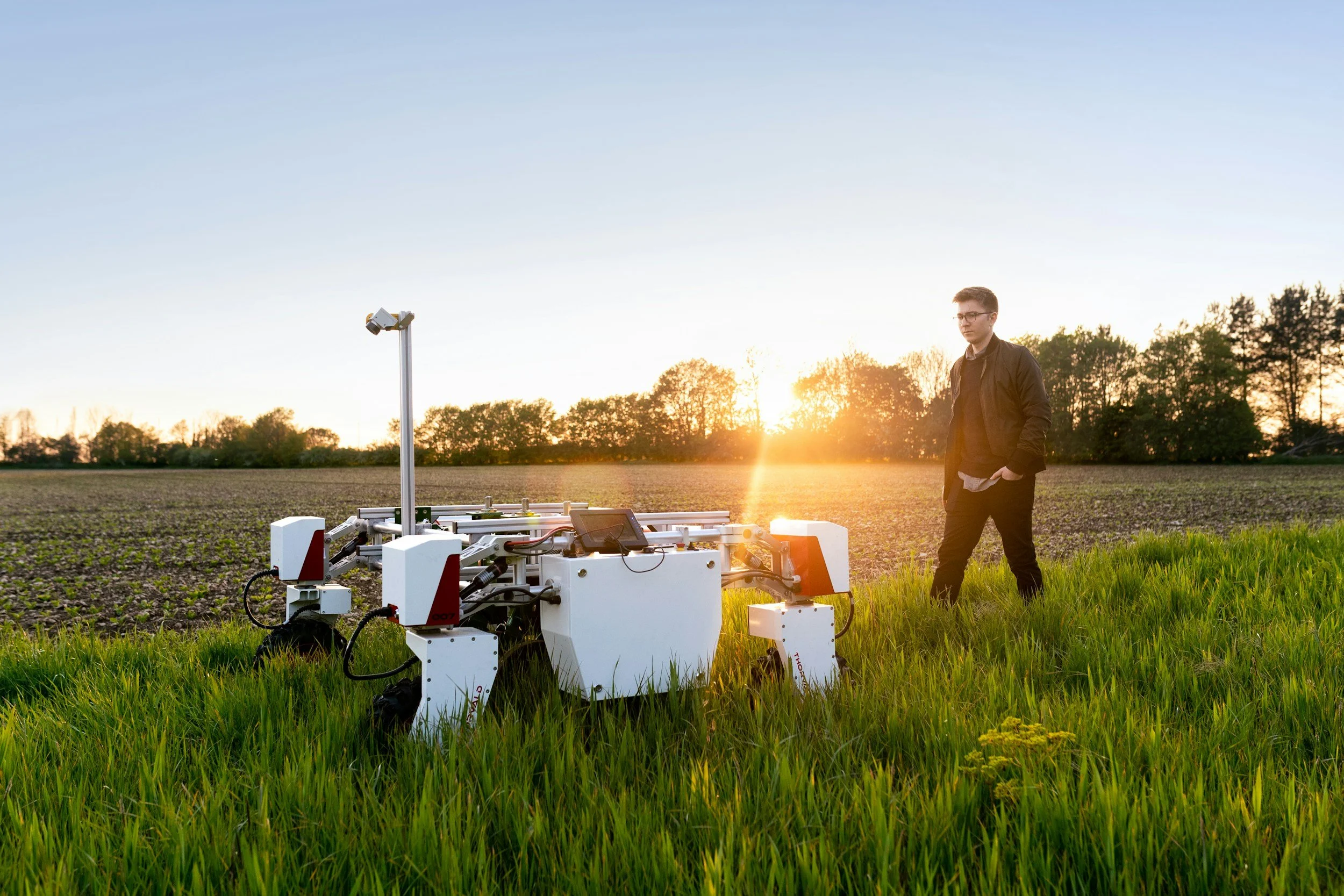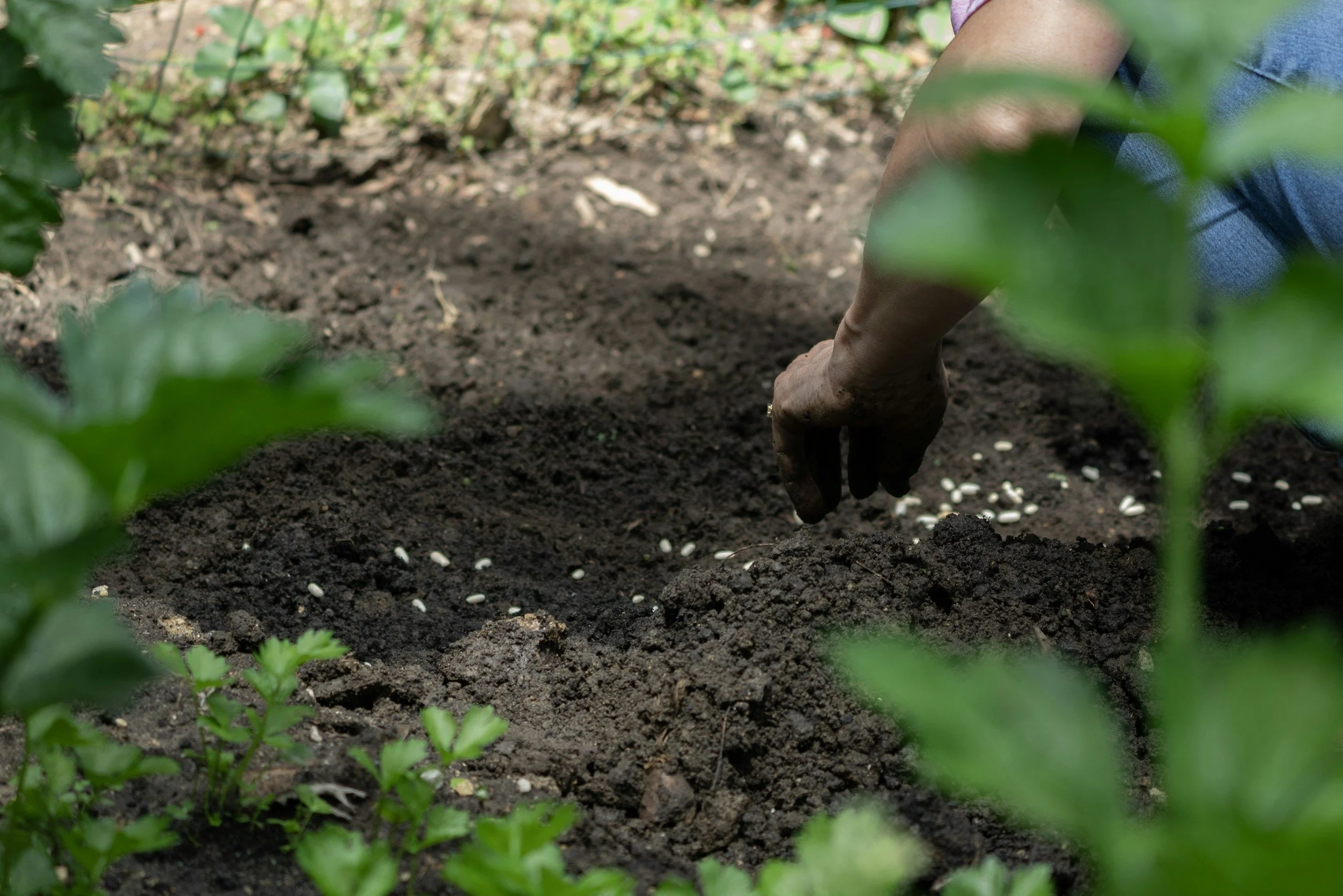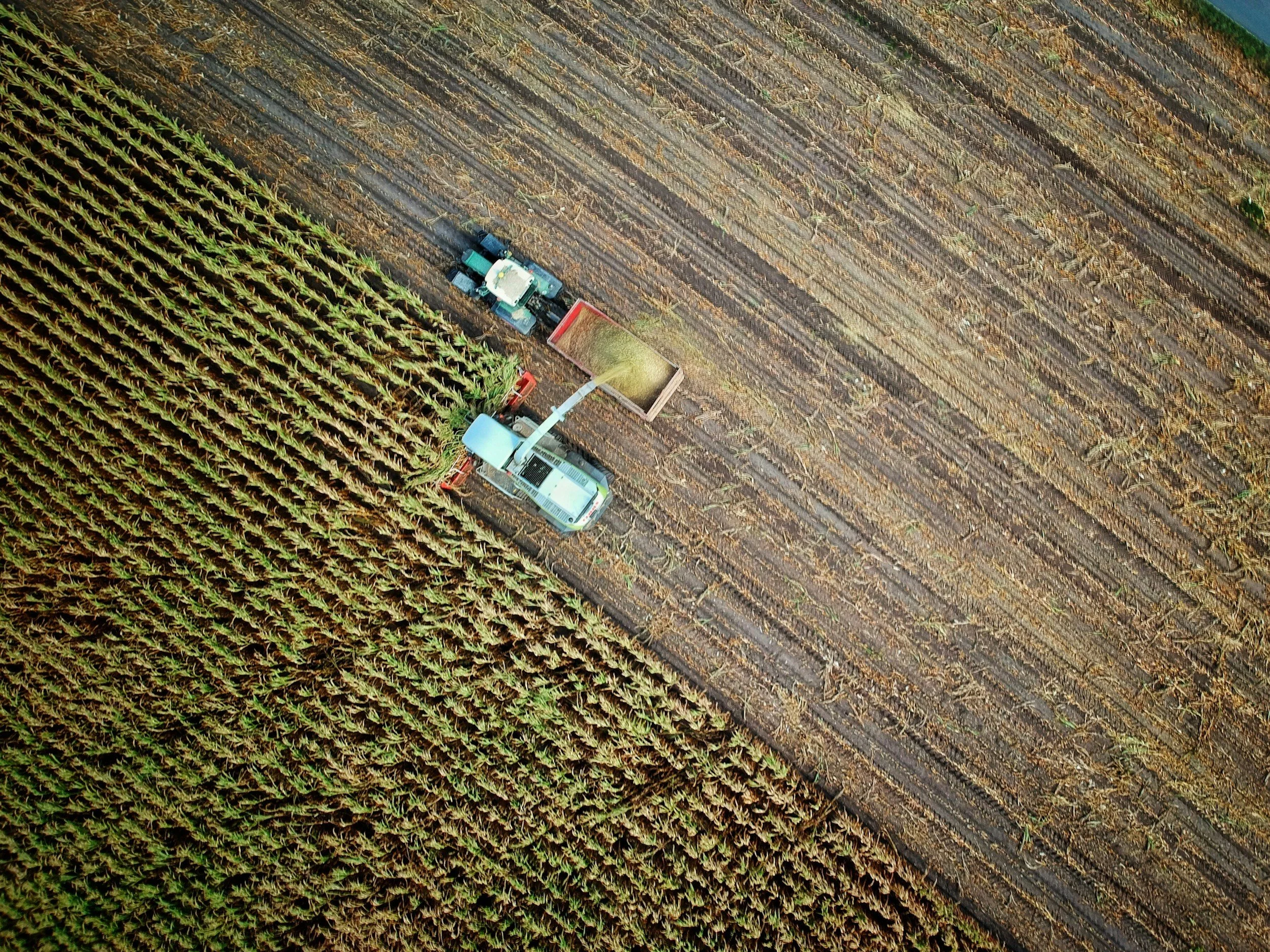Can You Travel Abroad With Hemp Gummies This 2024?
/As we look ahead in 2024, many travelers are already planning and dreaming of their next international adventure. However, for cannabis enthusiasts who enjoy consuming edibles like hemp gummies, traveling abroad presents some complicated questions about legality and risks. While some countries have legalized or decriminalized marijuana in recent years, crossing international borders with controlled substances is still prohibited by most nations and can result in serious consequences. In this blog post, we will explore the different approaches taken by popular tourist destinations, provide tips for consuming cannabis responsibly while traveling, and examine how international drug laws may continue to evolve in the coming years to accommodate changing social attitudes.
Read More



















